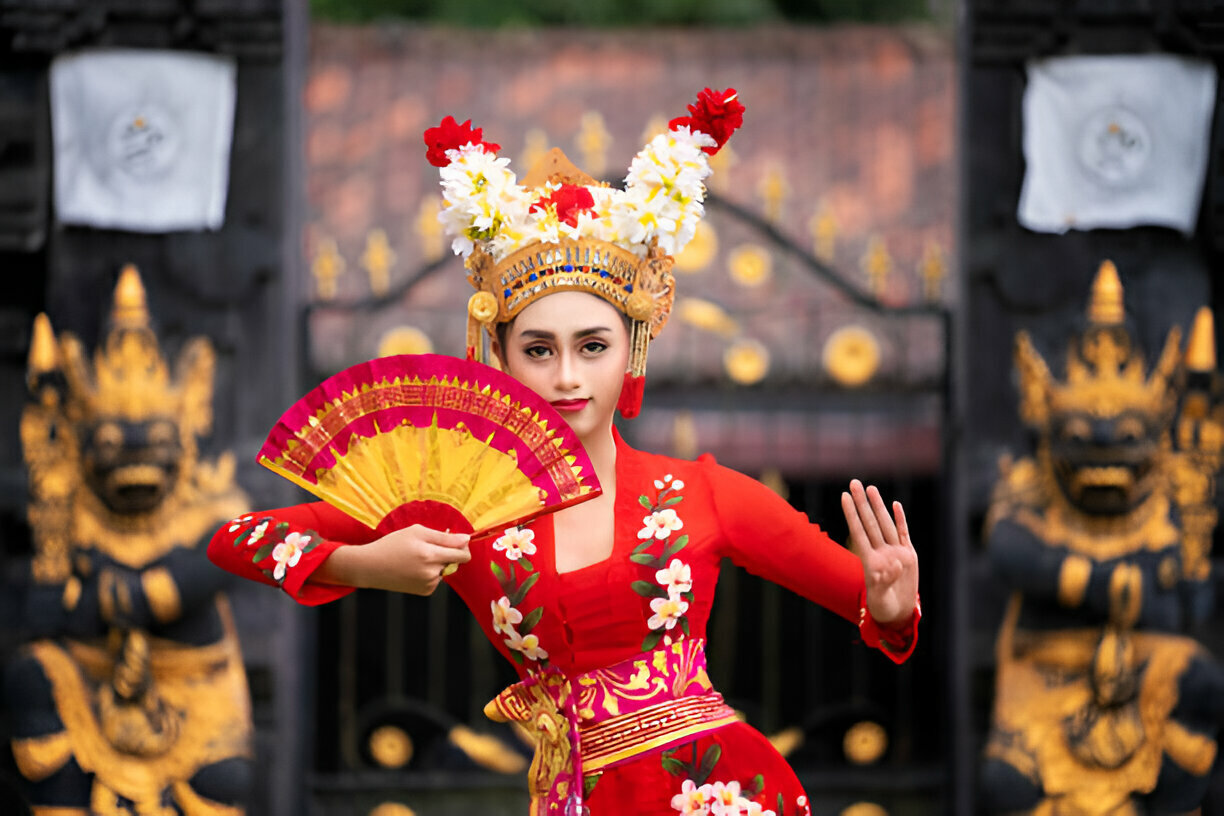
The Role of Cultural Nuances in Indonesian Game Localization
A significant market is emerging in Southeast Asia, and the global gaming industry is experiencing a boom. Did you realize this? The gaming community in Indonesia is particularly large and enthusiastic. Many foreign gaming businesses are localizing their content for Indonesia to capitalize on this potential. But, simply translating text isn't enough. Indonesian game localization demands cultural awareness to engage Indonesian gamers.
Understanding Cultural Nuances

Let’s talk about Indonesia’s cultural nuance first! Gaming creators have a unique market due to this rich tapestry of cultural conventions, customs, and values. Successful Indonesian game localization requires a deep awareness of these cultural differences.
1. Language and Dialects
Indonesia has around 700 languages. After Papua New Guinea, Indonesia is the second most linguistically diverse nation. Many dialects exist for these languages.
Even though Indonesian is the official language, many Indonesians speak regional languages such as Sundanese, Javanese, or Balinese. To appeal to a larger audience, effective Indonesian game localization solutions must account for these language differences.
2. Cultural References and Symbols
Incorporating cultural references and symbols can significantly enhance the gaming experience. For example, adopting traditional dress, local folklore, and indigenous building designs can instill a sense of familiarity and pride among Indonesian gamers. Furthermore, being conscious of religious sensitivities is critical for respectful and successful localization, particularly given Indonesia's large Muslim population.
3. Humor and Social Norms
Humor is highly culture-specific, and what might be funny in one culture could be misunderstood or offensive in another. Understanding local humor and social norms is vital for Indonesian game localization. This involves not only translating jokes but also ensuring they align with the local sense of humor. Similarly, social norms regarding behavior, gestures, and interactions should be considered to avoid cultural faux pas.
Read also: Indonesian Game Localization: Best Practices and Common Mistakes
Indonesian Game Localization Strategies to Attract Gamers
Indonesian culture is extensive and varied, with distinct rituals, traditions, and humor. Jokes that work in Western cultures may fall flat in Indonesia, and references may go utterly unnoticed. This is when Indonesian game localization techniques come into play.
1. Deep Cultural Integration
One of the most effective Indonesian game localization tactics is to deeply incorporate cultural themes into the game. Indonesia is rich in tradition and mythology, which can provide a distinct and engaging depth to games. Incorporating characters, tales, and places based on Indonesian folklore can provide players with a more immersive experience. For example, incorporating mythological creatures from local legends or basing missions on traditional stories might increase the game's engagement and cultural relevance.
Integrating cultural practices and celebrations into the game can foster a sense of familiarity and connection. This could include featuring traditional Indonesian festivals, attire, and music. For example, incorporating the lively atmosphere of a Balinese festival or the intricate designs of Batik clothing can enhance the visual and auditory appeal of the game.
Read also: 5 Best Publisher Games in Indonesia 2022
2. Mastering the Art of Humor Localization

Indonesians love slapstick humor and clever wordplay. However, Western references might fly over their heads. The key is to adapt jokes to resonate with local sensibilities. Here's how:
Swap Pop Culture References for Local Flavor
Imagine a character referencing a bygone meme most Indonesians wouldn't recognize. Not exactly laugh-out-loud funny, right? Indonesian game localization solves this by swapping out Western references for Indonesian pop culture jokes or internet memes. This creates a sense of familiarity and fosters a connection with players.
Think about incorporating references to popular Indonesian comedians, actors, or even viral dance trends. Is there a meme that perfectly encapsulates a character's situation? Use it! By referencing things relevant to Indonesian pop culture, you'll have players chuckling and feeling right at home in your game world.
Using Indonesian slang in games can make characters and storylines more authentic and engaging. For instance:
- In a quest dialogue, a character might say, "Jujurly, gue gak tahu harus gimana," translating to "Honestly, I don't know what to do," but with a humorous twist that appeals to local players.
- During a humorous in-game event, a character could exclaim, "Waduh, jadi baper nih!" meaning, "Oh no, I'm getting emotional!"
Read also: Voice-over Localization vs. Dubbing: What's the Difference?
Not only do these little touches make the game more interesting, but they also demonstrate that the creators put some thought into the local culture.
Moreover, players are more likely to develop an emotional investment in the game when they see references to real-life culture and language. A combination of increased player retention and good word-of-mouth can result from this kind of emotional investment. When developers put in the time and effort to carefully localize material, it makes the game experience that much better for players.
Explore the Rich World of Indonesian Wordplay Indonesian wordplay is known for its cleverness and wit. This presents a fantastic opportunity to create humor that resonates on a deeper level. Explore puns, double entendres, and wordplay that translate well into Indonesian.
Here's where collaborating with a native Indonesian translator becomes crucial. They can ensure your puns land perfectly, maintaining the intended humor while adapting it to the nuances of the Indonesian language.
Key Takeaways
The Indonesian gaming sector offers enormous potential for international game makers. Companies that prioritize Indonesian game localization and understand cultural subtleties can produce games that resonate with Indonesian gamers, establishing a vibrant and engaged community.
Indonesian game localization is a complicated but rewarding process that entails far more than just translation. Game creators may make Indonesian gamers' experiences more immersive and pleasant by including local humor and language.
Remember, a little cultural sensitivity goes a long way toward making your game a hit in Indonesia!